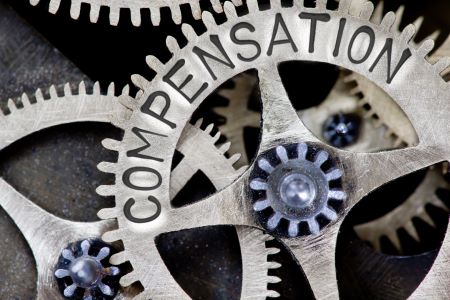
If a criminal offender is convicted and if the offender receives probation, the defendant must normally pay limited restitution through the SCDPPPS. Both these outcomes are very uncertain.
Prosecutors must establish guilt beyond any reasonable doubt. A he said-she said assault, sexual assault, or other such case probably won’t hold up in court. Furthermore, even if the state gets a conviction, the defendant usually has the option of probation or jail time. Given a choice between lengthy probation and high restitution or a few days in jail, many defendants choose the latter.
Additionally, criminal court restitution usually only covers medical bills. But a Columbia personal injury lawyer can obtain compensation not only for medical bills, but also for other economic losses, such as lost wages. Additionally, an attorney can obtain compensation for noneconomic losses, such as pain and suffering.
Usually, a negligent property owner is financially responsible for these damages, as outlined below. Property owners usually have more financial resources than individuals.
Duty of Care
Individuals are legally responsible for criminal acts in criminal court. Property owners are generally financially responsible for these acts in civil court. Just like a stagehand creates the proper environment for actors, a negligent property owner creates the proper environment for assaults and other such acts.
In South Carolina, the duty of reasonable care includes a duty to provide adequate security. Inadequate security examples include:
- Non-Working Equipment: Issues like broken cameras, burned-out lights, and propped-open security gates practically invite criminals onto the premises.
- Inadequate Security Level: The aforementioned passive security measures might be enough to protect people. But sometimes, the landlord should hire live armed or unarmed security guards.
- Improper Response: If a shooting or other violent act occurs down the street, a landowner must beef up security in response to the increased threat.
The duty to provide adequate security normally applies if the victim was an invitee (permission to be at the property and benefit to the owner). A lesser duty of care usually applies if the victim was a licensee (permission but no benefit) or trespasser (no permission and no benefit).
Knowledge and Foreseeability
To obtain compensation, a Columbia personal injury lawyer must also prove the owner knew about, or should have known about, the hazard, and that the injury was foreseeable.
Verified reports of propped-open gates and other hazards are direct evidence of actual knowledge. The time-notice rule usually applies if the victim presents circumstantial evidence of constructive knowledge (should have known). The longer a hazard exists, the more likely it is that the owner knew about it.
The burden of proof in civil court is only a preponderance of the evidence (more likely than not). That’s much lower than the burden of proof in criminal court.
Foreseeability basically means possibility. Owners are liable for damages if they could predict that a crime might occur on their property. Evidence on this point usually includes the evidence discussed above pertaining to the duty of care. Other evidence, such as the neighborhood’s crime rate, might be admissible as well.
Reach Out to a Savvy Richland County Lawyer
Injury victims are entitled to significant compensation. For a free consultation with an experienced personal injury lawyer in Columbia, contact the Marc Brown Law Firm. Virtual, home, and hospital visits are available.